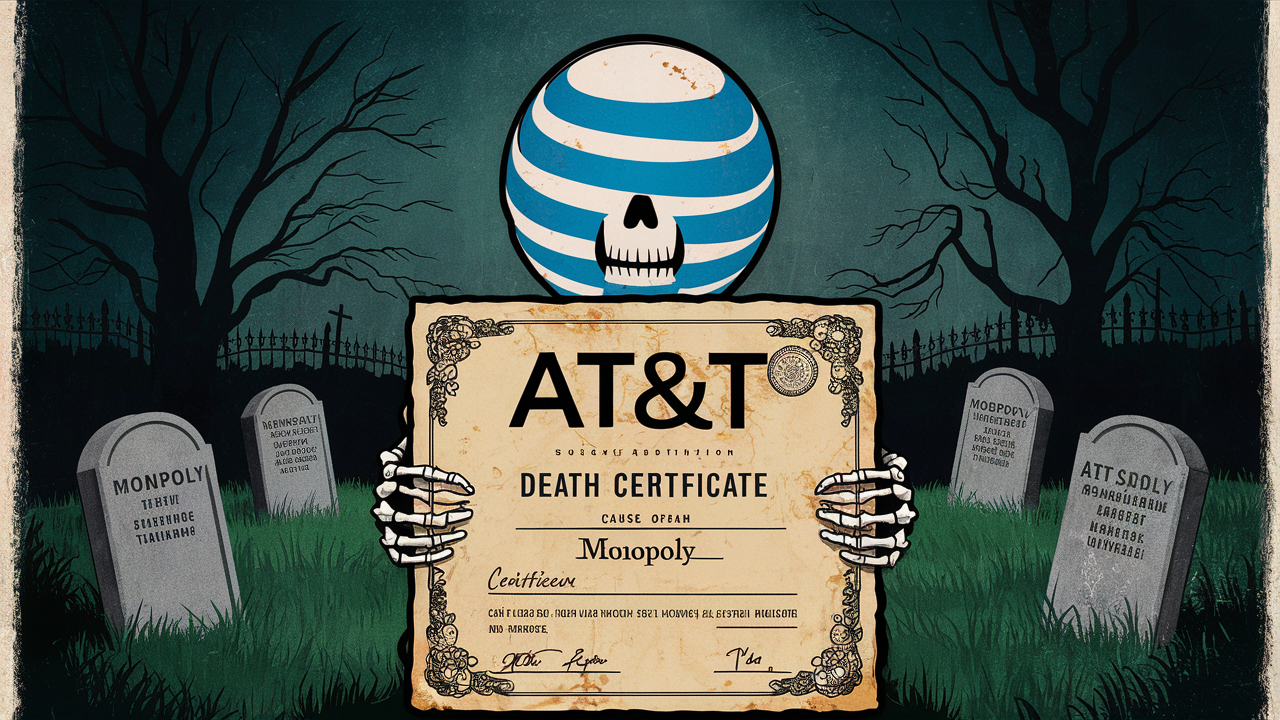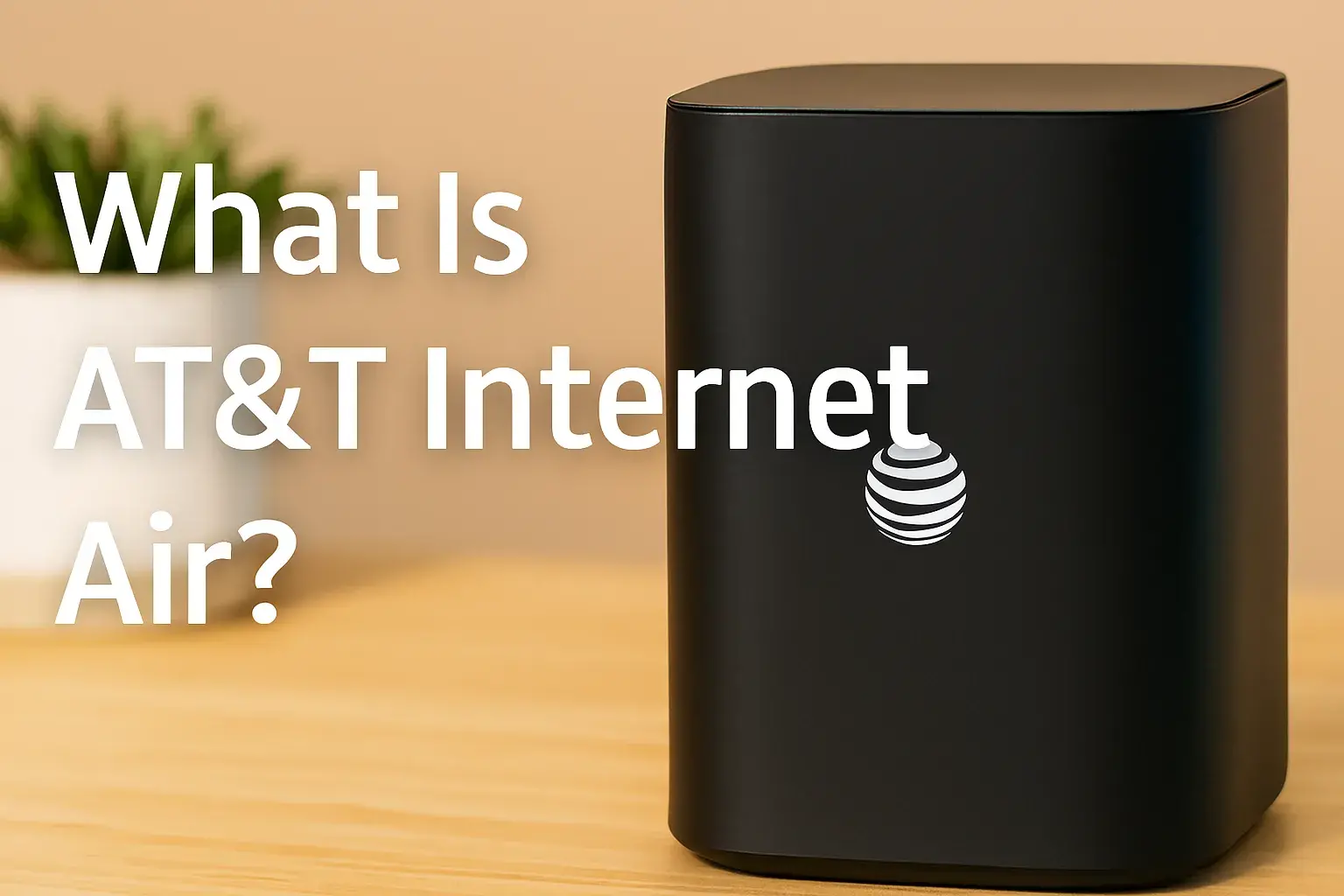Does AT&T need a death certificate?

Introduction
The loss of a loved one is a profoundly emotional experience, often accompanied by the daunting task of managing their affairs. Among these responsibilities is handling their telecommunications accounts, such as those with AT&T, a leading provider of wireless, internet, and TV services in the United States. A common question that arises is whether AT&T requires a death certificate to close or transfer an account after the account holder’s passing. This guide provides a detailed exploration of AT&T’s policies, a step-by-step process for managing accounts, common challenges, and practical solutions. With empathy for those navigating this difficult time, we aim to offer clear, actionable advice to streamline the process. A comprehensive FAQ section addresses frequently asked questions to ensure you have all the information needed.
AT&T’s Policy on Account Management After Death
AT&T has established specific protocols for handling accounts when the primary account holder passes away. Based on information from AT&T’s official support resources and customer experiences shared on platforms like Reddit and JustAnswer, AT&T typically requires a death certificate to verify the death and proceed with account closure or transfer. This requirement is standard across the telecommunications industry to ensure that account changes are legitimate and to prevent fraudulent activity.
Purpose of the Death Certificate
The death certificate serves as legal proof of the account holder’s passing. It is essential for:
-
Verification: Confirming the death to protect the account from unauthorized access.
-
Authorization: Ensuring that only individuals with legal authority, such as executors or family members, can make changes.
-
Record-Keeping: Adding a note to the account to prevent issues like identity theft, as noted by CTV For Me.
Options for Account Management
When an account holder dies, AT&T offers two primary options:
-
Account Closure: All services (wireless, internet, TV) are terminated, and any remaining balance is typically written off, with no collections activity against the deceased’s estate.
-
Account Transfer: The account can be transferred to another individual, such as a family member, who assumes billing responsibility. This requires additional documentation and verification.
These options allow flexibility depending on whether the services are still needed by surviving family members.
Additional Requirements
In addition to the death certificate, AT&T may request:
-
Account Information: The account number, the deceased’s name, and the last four digits of their Social Security number.
-
Proof of Authority: Documentation proving you have the right to manage the account, such as a will, power of attorney, or executor status.
-
In-Person Verification: For mobile accounts, AT&T often requires visiting a store for verification, as noted by JustAnswer.
Step-by-Step Guide to Managing an AT&T Account After Death
Navigating the process of closing or transferring an AT&T account requires careful preparation and communication with the company. Below is a detailed guide to help you through each step.
Step 1: Gather Necessary Documentation
Before contacting AT&T, collect the following:
-
Death Certificate: An original or certified copy is preferred. If unavailable, some representatives may temporarily accept an obituary or funeral card, but the death certificate is typically required to finalize the process.
-
Account Details: Obtain the account number, the deceased’s name, and any relevant billing information. If you don’t have the account number, the last four digits of the deceased’s Social Security number can help locate the account.
-
Proof of Authority: If you’re not the account holder, provide documentation such as a will, power of attorney, or court-issued executor papers to confirm your authority.
Step 2: Contact AT&T Customer Service
Call AT&T’s customer service at 1-800-331-0500 and select the appropriate options (typically option 3, then option 3 again for account changes due to death). When speaking with a representative:
-
Clearly explain that you’re managing the account due to the account holder’s death.
-
Be prepared to provide the death certificate and other documentation, either by fax, email, or in-person at a store.
-
For account transfers, ensure the new account holder is available or has provided authorization.
Step 3: Visit an AT&T Store (If Necessary)
For mobile accounts, AT&T often requires in-person verification at a corporate store. Bring:
-
The death certificate.
-
Proof of authority.
-
Any devices associated with the account, if applicable (though devices are not typically required to be returned if paid off).
Store staff can assist with completing forms and verifying documentation. Check AT&T’s store locator to find a nearby location.
Step 4: Address Outstanding Balances
Upon account closure, AT&T typically writes off any remaining balance, as noted in AT&T Community Forums. Confirm with customer service that:
-
No further billing will occur.
-
Any installment plans or early termination fees are waived, which is standard for accounts closed due to death.
Step 5: Confirm Account Closure or Transfer
Request confirmation that the account has been closed or transferred. This may come as an email, letter, or verbal confirmation from the representative. Keep records of all interactions, including:
-
Dates and times of calls or visits.
-
Names of representatives.
-
Reference numbers for the request.
This documentation can help resolve any future disputes or billing issues.
Common Challenges and Solutions
While AT&T’s process is designed to be straightforward, customers have reported challenges. Below are common issues and how to address them, based on experiences shared on platforms like Reddit and JustAnswer.
Challenge 1: Difficulty Obtaining Documentation
-
Issue: Death certificates may take time to obtain, especially shortly after a death.
-
Solution: Contact your local vital records office to expedite the process. If immediate action is needed, ask AT&T if an obituary or funeral card can be used temporarily, though the death certificate will likely be required later.
Challenge 2: Continued Billing or Collections
-
Issue: Some customers, like those on Reddit, report receiving bills or collections notices after notifying AT&T of the death.
-
Solution: Re-contact AT&T with the death certificate and escalate to a supervisor if necessary. File a complaint with the Better Business Bureau or your state’s consumer protection agency if the issue persists.
Challenge 3: Account Transfer Complications
-
Issue: Transferring services to a new account holder can be complex, especially with multiple lines or bundled services (e.g., wireless, internet, TV).
-
Solution: Ensure all parties are prepared with documentation. Visiting a store can streamline the process, as staff can verify identities and complete transfers in person.
Challenge 4: Delays in Processing
-
Issue: The closure or transfer process may take longer than expected, sometimes spanning one to two billing cycles.
-
Solution: Follow up regularly with AT&T to check the status. Request an estimated completion date and confirm that no additional charges are incurred during delays.
Challenge 5: Emotional and Logistical Stress
-
Issue: Managing accounts during grief can be overwhelming, as highlighted in stories like KCEN TV.
-
Solution: Delegate tasks to family members or friends if possible. Seek support from grief counselors or legal advisors to manage the emotional and logistical burden.
Additional Considerations
Handling Multiple Services
AT&T offers various services, including wireless, internet, and TV (e.g., DIRECTV). If the deceased had bundled services, you may need to address each separately:
-
Wireless: Requires in-person verification for closure or transfer.
-
Internet and TV: Can often be managed by phone, but documentation is still required.
-
Combined Billing: If services are bundled, you may need to separate them before transferring, as noted by Atticus Resources.
Preventing Identity Theft
AT&T adds a note to the account indicating the account holder’s death to minimize risks like identity theft. Ensure this is done promptly by providing the death certificate.
Business Accounts
For business accounts, additional documentation may be required, especially if multiple owners or partners are involved. The executor must provide proof of authority to manage or close the account.
Comparison of AT&T’s Process with Other Carriers
To provide context, here’s how AT&T’s process compares to other major carriers:
|
Carrier |
Death Certificate Required? |
Process |
Notes |
|---|---|---|---|
|
AT&T |
Yes |
Call 1-800-331-0500 or visit a store |
May require in-person verification for mobile accounts |
|
T-Mobile |
Yes |
Call 1-877-746-0909, often requires store visit |
Similar documentation requirements |
|
Verizon |
Yes |
Contact customer service or visit a store |
May waive balances and fees |
|
Sprint |
Yes |
Call customer service, provide documentation |
Noted for giving trouble in some cases |
Conclusion
Managing an AT&T account after the death of a loved one can be a challenging but manageable task with the right preparation. AT&T requires a death certificate to verify the account holder’s passing and proceed with closure or transfer. By gathering necessary documentation, contacting customer service, and addressing potential challenges, you can navigate this process effectively. While issues like delays or billing disputes may arise, persistence and clear communication with AT&T can resolve them. During this difficult time, don’t hesitate to seek support from family, friends, or professionals to ease the burden. For the latest information, visit AT&T’s support page.
Faq
Does AT&T require a death certificate to close an account?
Yes, AT&T typically requires a death certificate to verify the account holder’s death and proceed with closure or transfer.
Can I transfer an AT&T account to another person after the account holder’s death?
Yes, you can transfer the account to another individual with the death certificate and proof of authority. The new holder must agree to assume billing responsibility.
What happens to unpaid balances on an AT&T account after death?
AT&T generally writes off any remaining balance upon account closure due to death, with no collections activity against the estate.
Do I need to return devices associated with the account?
If devices are paid off, they do not need to be returned. Installment plans or leases may need to be settled or transferred.
Can I manage the account online after the account holder’s death?
No, account closure or transfer typically requires contacting customer service or visiting a store, as online management is insufficient.





